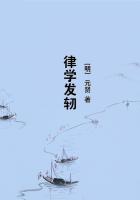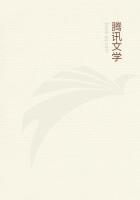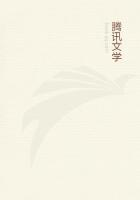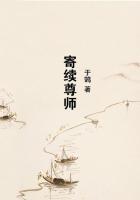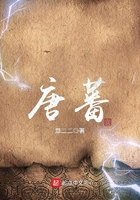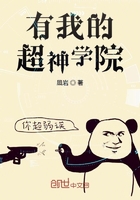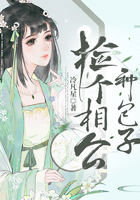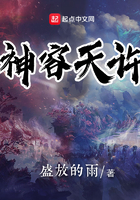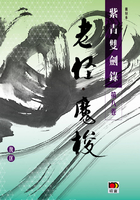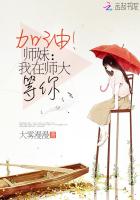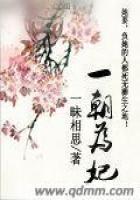THE great Muscari, most original of the young Tuscan poets, walked swiftly into his favourite restaurant, which overlooked the Mediterranean, was covered by an awning and fenced by little lemon and orange trees. Waiters in white aprons were already laying out on white tables the insignia of an early and elegant lunch; and this seemed to increase a satisfaction that already touched the top of swagger. Muscari had an eagle nose like Dante; his hair and neckerchief were dark and flowing; he carried a black cloak, and might almost have carried a black mask, so much did he bear with him a sort of Venetian melodrama. He acted as if a troubadour had still a definite social office, like a bishop. He went as near as his century permitted to walking the world literally like Don Juan, with rapier and guitar.
For he never travelled without a case of swords, with which he had fought many brilliant duels, or without a corresponding case for his mandolin, with which he had actually serenaded Miss Ethel Harrogate, the highly conventional daughter of a Yorkshire banker on a holiday.
Yet he was neither a charlatan nor a child; but a hot, logical Latin who liked a certain thing and was it. His poetry was as straightforward as anyone else's prose. He desired fame or wine or the beauty of women with a torrid directness inconceivable among the cloudy ideals or cloudy compromises of the north; to vaguer races his intensity smelt of danger or even crime. Like fire or the sea, he was too ****** to be trusted.
The banker and his beautiful English daughter were staying at the hotel attached to Muscari's restaurant; that was why it was his favourite restaurant. A glance flashed around the room told him at once, however, that the English party had not descended.
The restaurant was glittering, but still comparatively empty.
Two priests were talking at a table in a corner, but Muscari (an ardent Catholic) took no more notice of them than of a couple of crows.
But from a yet farther seat, partly concealed behind a dwarf tree golden with oranges, there rose and advanced towards the poet a person whose costume was the most aggressively opposite to his own.
This figure was clad in tweeds of a piebald check, with a pink tie, a sharp collar and protuberant yellow boots. He contrived, in the true tradition of 'Arry at Margate, to look at once startling and commonplace. But as the Cockney apparition drew nearer, Muscari was astounded to observe that the head was distinctly different from the body. It was an Italian head: fuzzy, swarthy and very vivacious, that rose abruptly out of the standing collar like cardboard and the comic pink tie. In fact it was a head he knew.
He recognized it, above all the dire erection of English holiday array, as the face of an old but forgotten friend name Ezza. This youth had been a prodigy at college, and European fame was promised him when he was barely fifteen; but when he appeared in the world he failed, first publicly as a dramatist and a demagogue, and then privately for years on end as an actor, a traveller, a commission agent or a journalist. Muscari had known him last behind the footlights; he was but too well attuned to the excitements of that profession, and it was believed that some moral calamity had swallowed him up.
"Ezza!" cried the poet, rising and shaking hands in a pleasant astonishment. "Well, I've seen you in many costumes in the green room; but I never expected to see you dressed up as an Englishman."
"This," answered Ezza gravely, "is not the costume of an Englishman, but of the Italian of the future."
"In that case," remarked Muscari, "I confess I prefer the Italian of the past."
"That is your old mistake, Muscari," said the man in tweeds, shaking his head; "and the mistake of Italy. In the sixteenth century we Tuscans made the morning: we had the newest steel, the newest carving, the newest chemistry. Why should we not now have the newest factories, the newest motors, the newest finance--the newest clothes?"
"Because they are not worth having," answered Muscari.
"You cannot make Italians really progressive; they are too intelligent.
Men who see the short cut to good living will never go by the new elaborate roads."
"Well, to me Marconi, or D'Annunzio, is the star of Italy" said the other. "That is why I have become a Futurist--and a courier."
"A courier!" cried Muscari, laughing. "Is that the last of your list of trades? And whom are you conducting?"
"Oh, a man of the name of Harrogate, and his family, I believe."
"Not the banker in this hotel?" inquired the poet, with some eagerness.
"That's the man," answered the courier.
"Does it pay well?" asked the troubadour innocently.
"It will pay me," said Ezza, with a very enigmatic smile.
"But I am a rather curious sort of courier." Then, as if changing the subject, he said abruptly: "He has a daughter--and a son."
"The daughter is divine," affirmed Muscari, "the father and son are, I suppose, human. But granted his harmless qualities doesn't that banker strike you as a splendid instance of my argument? Harrogate has millions in his safes, and I have--the hole in my pocket. But you daren't say-- you can't say--that he's cleverer than I, or bolder than I, or even more energetic. He's not clever, he's got eyes like blue buttons; he's not energetic, he moves from chair to chair like a paralytic.
He's a conscientious, kindly old blockhead; but he's got money simply because he collects money, as a boy collects stamps.
You're too strong-minded for business, Ezza. You won't get on.
To be clever enough to get all that money, one must be stupid enough to want it."
"I'm stupid enough for that," said Ezza gloomily. "But I should suggest a suspension of your critique of the banker, for here he comes."

